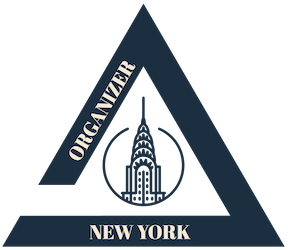Working with the Arctic Energy Ambassador program, I am grateful for the network of energy sector professionals that we are learning from, the opportunities for collaboration with State and National entities, and other like-minded people that live and work in all 12 of Alaska’s ANCSA regions. In the Unangam Tanangin, we have great geothermal resources, and awesome wind resources. But the cost to mobilize equipment to assess resources, navigating the marine habitat, weather, and terrain along the way, are expensive projects for an ANCSA Village Corporation. I am eager to see how our communities can work together.
Another common theme I am encountering, both personally and professionally, is contaminated lands from WWII that were returned to our Regional and Village Corporations. This is a burden to our health and grid development. Some sites have been “monitored” for decades, with little remediation progress made. Some are declared as an Act of War, therefore not eligible for cleanup funding programs. Others are in the National Historic Registry and subject to restrictions on how much we can clean up without destroying National Heritage.
Contaminated lands are impacting grid development as far as Adak island and include Amchitka island where nuclear weapons were tested. Some contaminates create chemical reactions with city infrastructure, leading to corrosion of pipes and conduits. Petroleum dumped during Acts of War migrates through the watershed and under buildings. When not running into petroleum or PCB’s, one might encounter dilapidated wood stave pipes or underground concrete utility corridors, when if removed may cause erosion issues. There is debris, concrete, and hazardous substances to navigate, and it is an extremely lengthy process to document and remediate. This only adds to the already high cost of mobilization and development.
Nevertheless, we remain optimistic! The OC Board of Directors recently signed a resolution to commit to an energy transition in hopes other entities and stakeholders can do the same, and together take the next steps outlined in our Regional Energy Plan. We love our region, our seafood, our international connections with the Arctic, and hope to see the industries here participate in the onboarding of renewable energy.
Official news published at https://www.energy.gov/arctic/articles/tanam-kugan-nadanaxtaa-west-wind-land

